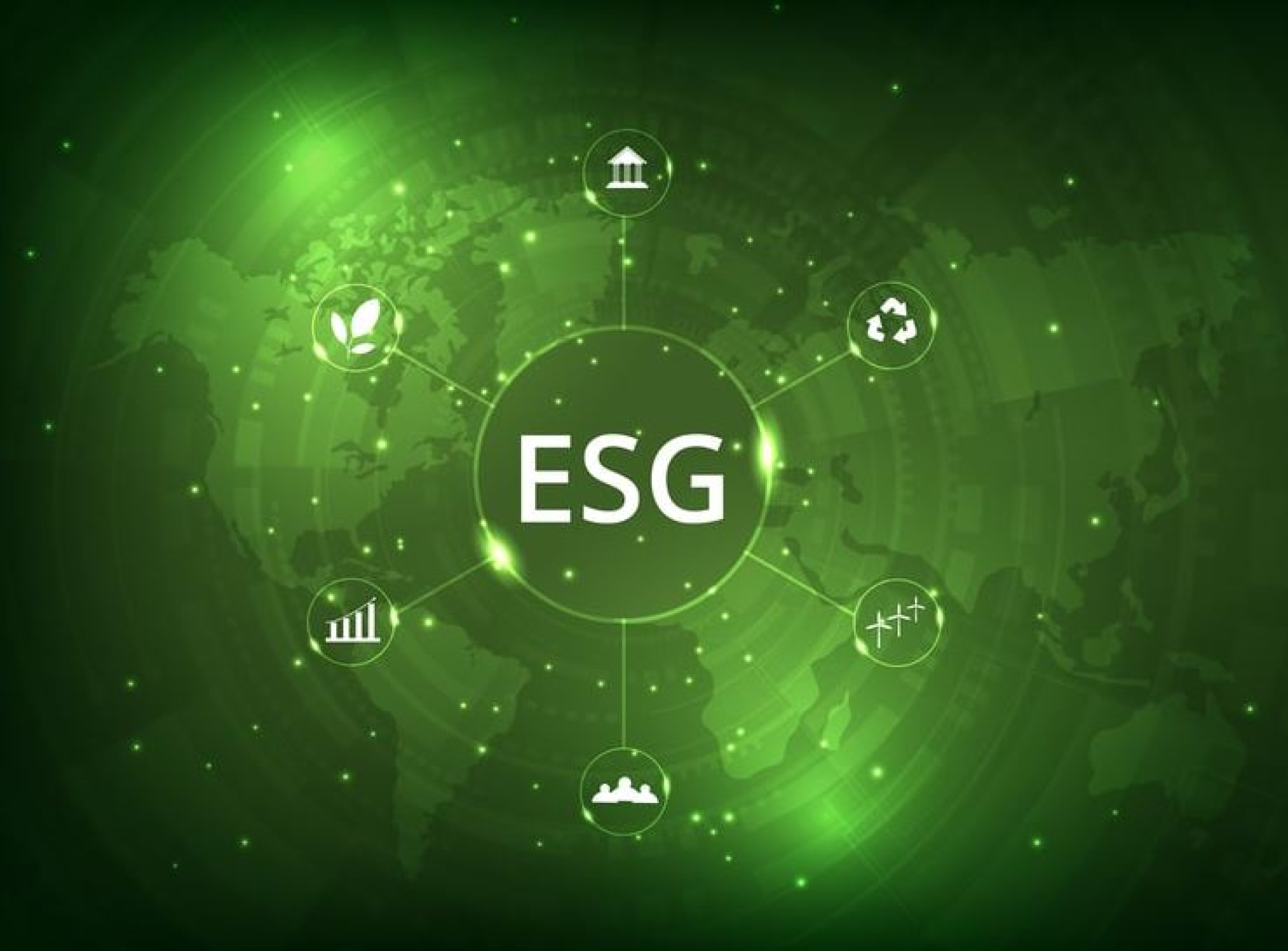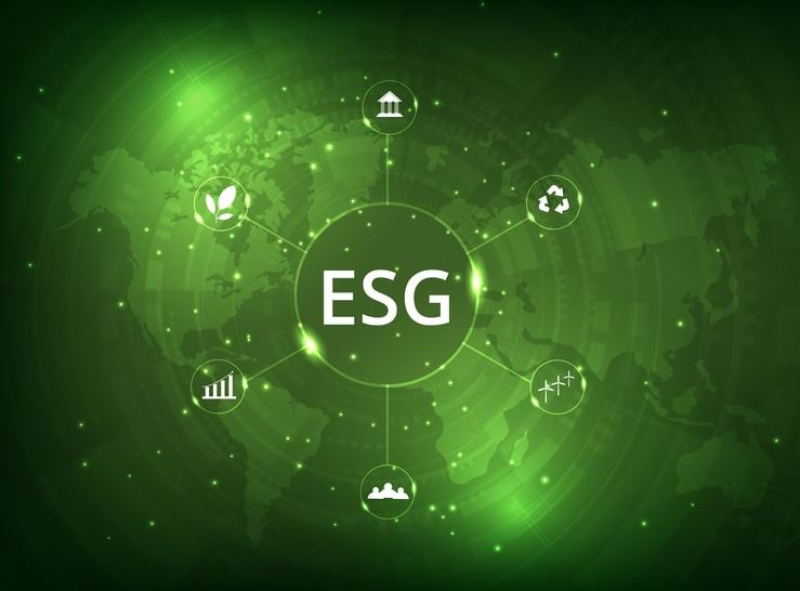What is ESG and Why is it Important to Your Business?
In an era marked by increasing social consciousness and environmental awareness, the role of ESG (‘Environmental, Social, and Governance’) factors has become pivotal in shaping the way businesses operate and investors make decisions.
ESG refers to a framework for evaluating a business’s impact on the environment, its’ social practices, and its’ governance structure.
ESG metrics also serve as a predictive indicator for sustainable, long-term financial performance.
As ESG continues to gain momentum, understanding its components and its growing impact on both Australian and global business ecosystems has become imperative.
Discover all you need to know about ESG, including how it works; its’ increasing significance; why you need to adopt an ESG mindset for your business; and recommendations on how to implement an ESG strategy.
- What is ESG?
- Why Should ESG Matter to Your Business?
- What is the 'E' in ESG?
- What is the 'S' in ESG?
- What is the ‘G’ in ESG?
- How to Create a Robust ESG Strategy
- ESG & Increasing Regulator Focus on Greenwashing
- Using ESG in Future Planning for the Crane Industry
- Emerging Markets to Watch in the Next Financial Year
- What is Social Impact Investing & How Does it Differ from ESG?











What is Social Impact Investing & How Does it Differ from ESG?
While Social impact investing (SII) and ESG share the common goal of promoting positive change and ethical practices within the financial realm, they do so through distinct strategies and principles – differing in their primary focus and approach.
In this article, we demystify the key differentiators between SII and ESG, shedding light on the unique characteristics and objectives that set them apart.
Understanding these differences is pivotal for investors and organisations seeking to align their financial objectives with their ethical and social aspirations.
Find out more: What is Social Impact Investing?